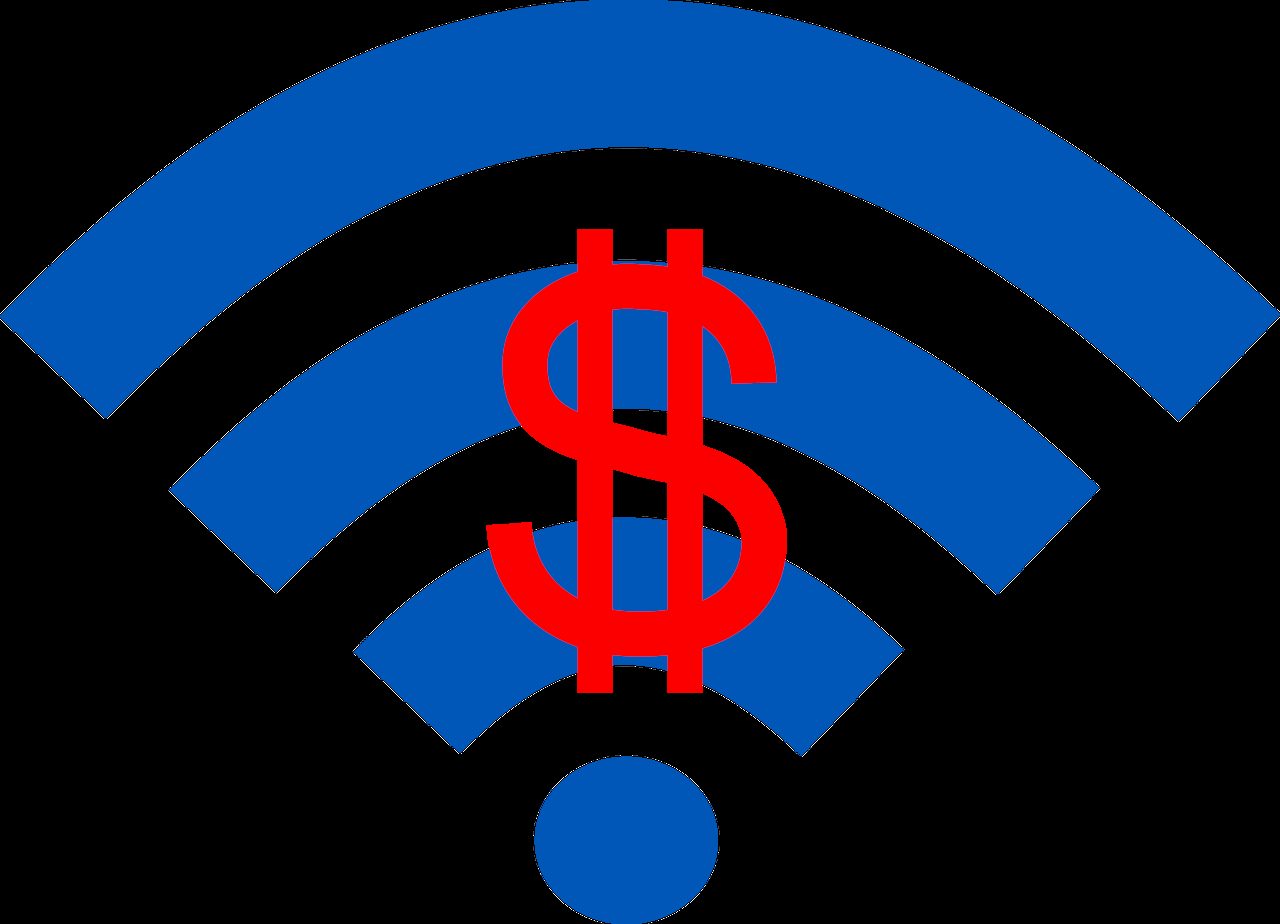Suddenly everyone is working and learning from home. Or not. Its creating a larger digital divide than we’ve ever seen.
Not all jobs can be done remotely. But for those that can, we have a sudden scramble to make sure everyone is adequately connected, driven by the corporate IT and home workers themself.
But learning can be done remotely. And it shows a bigger digital divide. Schools that don’t have deployed systems. Students that don’t have devices or connectivity. In other days we would have sent them to the library, now closed.
Some schools scramble and pick corporate tools like Zoom. But Zoom has a strange relationship with privacy and Facebook, you might not want to have an administrator accept data collection on behalf of those students. G Suite and chromebooks are the king. But managing all those students remotely is surely challenging.
Getting to connectivity, and the proposal. You see, most people have Internet at home. But most is not all. People have no (or insufficient) Internet for 3 basic reasons:
- Don’t want it
- Can’t get it
- Can’t afford it
Now, its hard to solve #1. You can educate, create incentives (e.g. making it obvious that online works better for some things), but there’s only so much you can do.
But, on #2 and #3, we can do things with public policy. A few years ago the company I was with donated some mobile hotspots to a library, and I was surprised at how oversubscribed the service was. The appetite is there.
So what sort of public policy could we do? I’m a huge fan of the invisible hand: make the economics make sense, and the decisions follow.
About a year ago there was a battle over the regulated rate that telco’s charged each other. You maybe have seen the CRTC, TekSavvy, Bell talked about. A CRTC ruling lowered the rates, TekSavvy celebrated. Bell sued, the Federal Court of appeals stayed the decision. The net result is that shortly the users on those services will have their price go up.
I’m sure a bunch of people are about to go argue with the federal court on some emergency measure here. But what if we didn’t? What if instead we allowed that ruling to stay in place, but, on the proviso that 100% of the money collected was used to fund near-free fixed plans and mobile hot spots for eligible folks? How would you police that? Well, you could assess the number of subsidised connections made available by the incumbent vs the number of eligible people. Hit 100%? Get 100% of the cash. Hit 0%? Get none, pay some additional tax. Make it a carrot and a stick.
So rather than re-visit this decision about whether TekSavvy owes the incumbents more, and that you should pay, we accept it, but only allow the incumbents to collect it if they figure out how to market and deliver the some baseline service to the people needing it. That is why i suggested the downside (an additional tax) if they don’t hit the market penetration.
What do you think? We need those students to be able to learn online. We can’t fix people not wanting Internet, I can’t fix people who can’t work at home due to their job, but it seems we can fix the ‘can’t afford’ and ‘can’t find’ problem.

Leave a Reply to Jayme Snyder Cancel reply